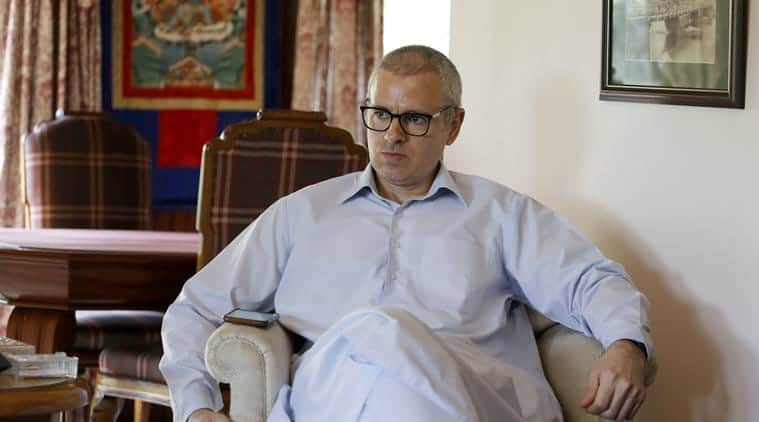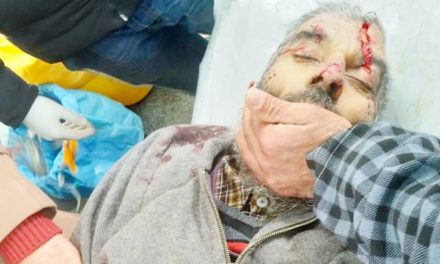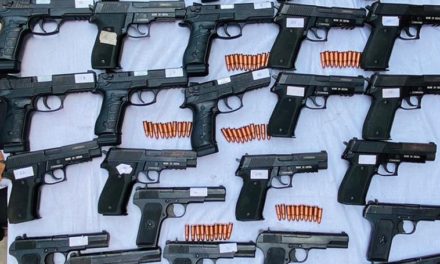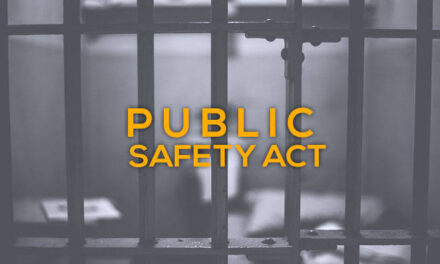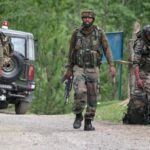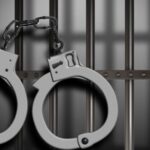![]()
KNZ NEWS DESK
SRINAGAR: Former chief minister Omar Abdullah has regretted that he did not revoke the controversial Public Safety Act (PSA) when he had the chance to do so.
“I guess… If there is one regret that I have, it is I did not revoke the PSA from the statute books when I had the opportunity, and when I was in power. I should have done it then, I think the realization dawned on me much later. That realization dawned on me before my arrest, and not post-arrest. Over the last couple of years we had been making the promise that if the NC is returned to power, we would strike down the PSA and remove it from the statute books. I wish I had done that in office,” Omar told The Wire in an interview.
At the same time, he said the way he and other J&K administrations had used the PSA and the way it was being used now was different.
“There may have been some questionable detentions [in our time], but by and large the people we were dealing with were people waging a campaign against the country. Here you are detaining mainstream politicians who haven’t said anything seditious or anything to disturb the peace. None of us have called for agitations, protests for youngsters to pick up the gun or anything like that. All we said was that we will democratically oppose any changes that are forced on the people of J&K, and for that we were punished the way we were,” he said.
Omar was arrested on the intervening night of August 4 and 5 last year when the government revoked the special status of Jammu and Kashmir under Article 370 and downgraded the state into two union territories.
On February 6, Jammu and Kashmir government slapped stringent Public Safety Act (PSA) on Omar Abdullah and Mehbooba Mufti just hours after Prime Minister Narendra Modi hit out at former chief ministers in the parliament.
Under PSA, described a lawless law by Amnesty International, a person can be jailed from three months to two years without trial or bail.
Later, Omar’s sister Sara Pilot approached the Supreme Court seeking to quash the PSA of her brother. The administration however objected to the petition saying “Omar has been a very vocal critic of any possible abrogation of Article 370 prior to its abrogation on August 5, 2019, considering the very peculiar geopolitical position of Jammu and Kashmir and Ladakh and its geographical proximity with Pakistan, the concept of ‘public order’ needs to be examined contextually.”
Omar was released on March 24, after Jammu and Kashmir government revoked his detention under Public Safety Act.
Omar said that it would be open to a future elected assembly of Jammu and Kashmir – as and when statehood was restored – to make proposals to the Central government on the terms of J&K’s relationship with the rest of India.
“If parliament can set terms of reference for J&K’s relationship with the rest of India, then an elected assembly of the state of J&K can certainly place its voice in the form of a resolution or anything else for the GOI at that time to consider. Why not? It is not illegal, it is democratic. You can’t sell a model of democracy to the rest of the country and then tell the people of J&K that they have no recourse. As long as what you are talking about falls within the four walls of the constitution, I don’t see how any government or court of the land can have a problem with it.”

